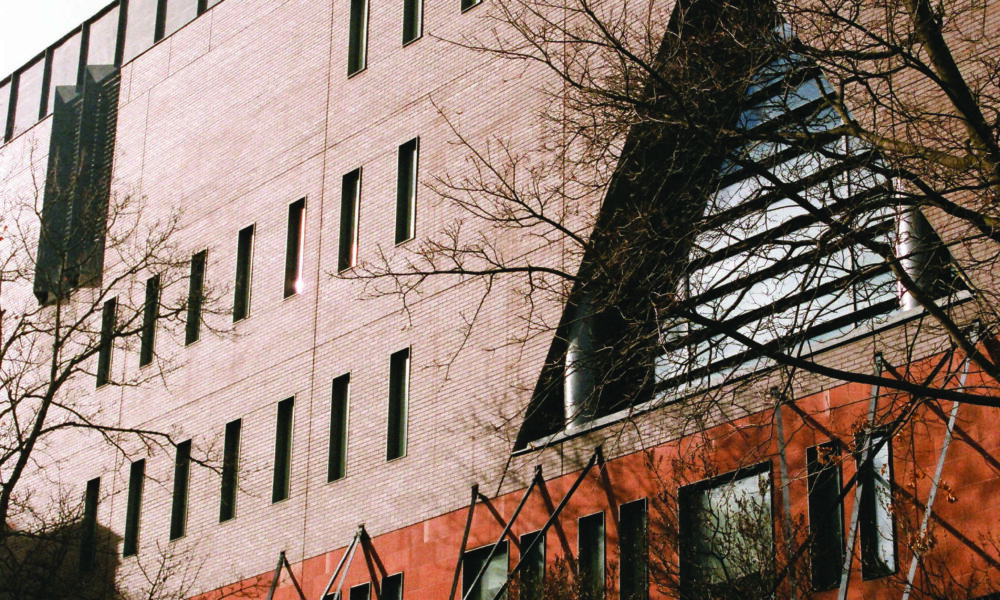McGill stood for 200 years without a faculty-specific union until Nov. 8, when the Association of McGill Professors of Law (AMPL) was certified by the Tribunal administratif du travail (TAT) after a year-long litigation process. As another collective agreement (CA) negotiation is added to the overwhelmed McGill Human Resources (HR) docket, The McGill Tribune followed up on the status of labour unions across campus.
AMPL president Evan Fox-Decent told the Tribune that he is optimistic about maintaining positive relations if McGill “stays the course” by not deliberately delaying negotiations. For example, the administration has not challenged the TAT certification for judicial review, although it is within their legal rights to do so.
“I think [McGill] will be pleased to see that my colleagues don’t have unreasonable demands,” Fox-Decent said. “As much as it might seem like a radical move to unionize, for most of my colleagues, it’s being driven by a deep conservatism [that] cares about tradition”
McGill has recognized AMPL’s notice to bargain, a written notice requesting the beginnings of collective bargaining, but remains under the viable legal timeframe to challenge the certification until Dec. 7. The first meeting, which was initially scheduled for Nov. 28 but cancelled on McGill’s end, will take place on Dec. 14. The Association of McGill University Support Employees (AMUSE) president James Newman finds the AMPL certification to be one of the biggest developments in McGill’s labour dynamics in recent years.
“AMPL is where the action is right now in terms of unions,” Newman said in an interview with the Tribune. “If they ultimately succeed, who knows what could be coming down for [labour] organization[s] at McGill?”
AMUSE has had its share of negotiatory struggles—after repeated stalemates at the bargaining table, floor fellows resorted to striking in March 2022. When members of AMUSE gathered to sign a finalized CA months later on Nov. 7, however, they found two McGill members were missing: One on holiday, the other absent without notice. Since all parties had to be present, the CA was ultimately signed on Nov. 16, two years after the previous contract had expired. Despite the lengthy process, Newman says the union is satisfied and optimistic now that the new CA is in effect.
“Obviously we can’t let relations between labour and management get too cordial, but I am pleased that McGill seems to be coming around to understanding our point of view on some key issues,” Newman said. “We’ll wait and see what they actually do, but so far I think these developments are positive.”
The Association of Graduate Students Employed at McGill (AGSEM) has also seen advancements in their CA demands. After government-conciliated meetings on Sept. 6 and Oct. 31, McGill proposed a raise of 10.53 per cent to the current invigilator wages, which were frozen at $14.25 since their last raise in 2019. Wages are set to increase incrementally every May, bringing the hourly wage to $18.00 by 2025 with an additional six per cent vacation indemnity. The offer has since been ratified at the unit assembly held on Nov. 17 and will be included in the new CA.
AGSEM mobilization officer Kiersten van Vliet noted that these were not common raise rates; the previous annual raise had been 2.5 per cent. She hopes AGSEM’s headway can provide momentum for the other unions on campus, turning the administration’s concept of “internal equity” against them.
“In terms of the monetary wins we were able to make, I hope other employee groups are able to take that into account for their own negotiations,” van Vliet told the Tribune. “We can build incrementally on the wins of the previous unions, not just within the employee group but between the groups, so that McGill cannot justify keeping these wages artificially low. A win for one group can be a win for all groups at McGill.”
Out of 15 unions at McGill, seven have active CAs now, according to the university’s HR website.









